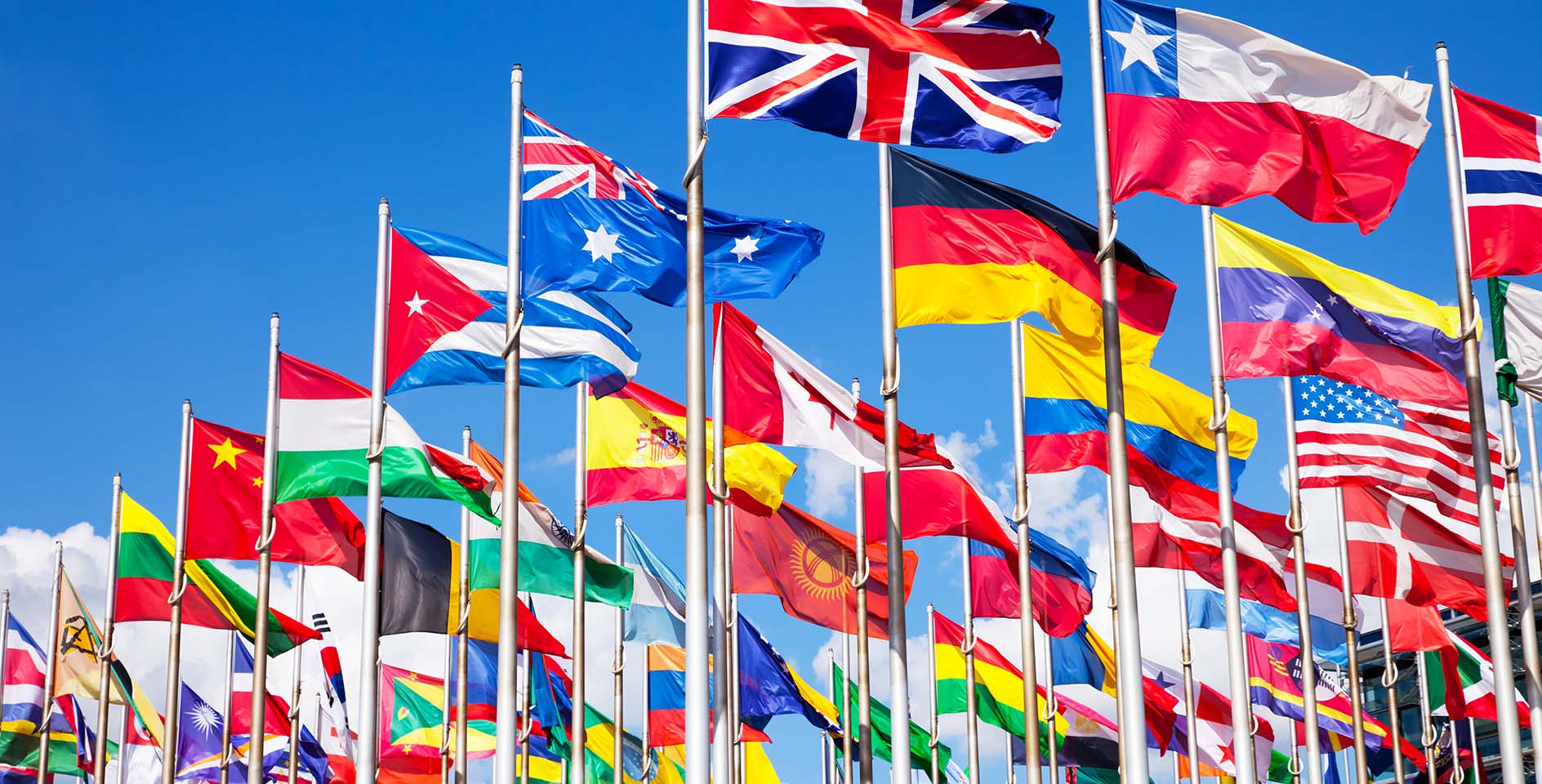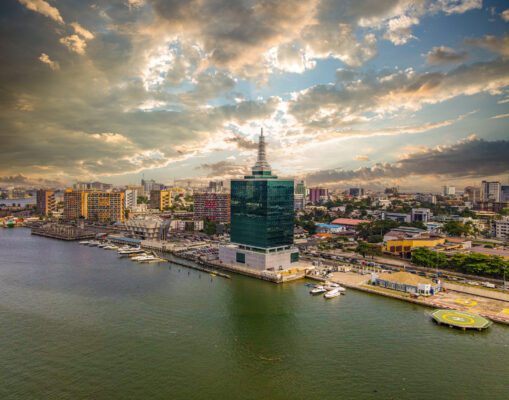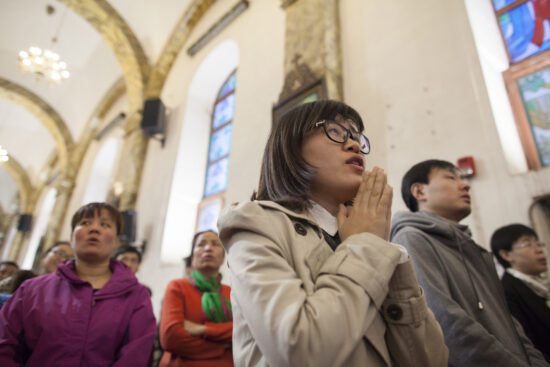On April 25, the United States Commission on International Religious Freedom (USCIRF) released its 2022 annual report. As the report mentions, USCIRF was created as a result of the International Religious Freedom Act of 1998 (IRFA). USCIRF “is an independent, bipartisan U.S. government advisory body, separate from the U.S. Department of State, that monitors religious freedom abroad and makes policy recommendations to the president, secretary of state, and Congress.”
The recommendations in USCIRF’s report are based “on its statutory mandate and the standards in the Universal Declaration of Human Rights and other international documents.” The report assesses religious freedom violations and progress during calendar year 2021 and makes independent recommendations for U.S. policy for both the Biden administration and for Congress.
Highlighted countries
The report’s primary focus is on two groups of countries. The first group includes those countries that USCIRF recommends the State Department should designate as “countries of particular concern” (CPCs). IRFA defines CPCs as countries where the government engages in or tolerates “particularly severe” violations of religious freedom, such as torture or prolonged detention without trial. The second group are countries that USCIRF recommends the State Department should place on its Special Watch List (SWL). The SWL is for countries where the government engages in or tolerates “severe” violations of religious freedom that are ongoing and egregious. In addition to these groups, the report also includes USCIRF’s recommendations of violent nonstate actors for designation by the State Department as “entities of particular concern” (EPCs).
In this year’s report, USCIRF recommends 15 countries to the State Department for designation as CPCs. Ten countries were previously designated as CPCs: Burma, China, Eritrea, Iran, North Korea, Pakistan, Russia, Saudi Arabia, Tajikistan, and Turkmenistan. Five other countries are also recommended to be added: Afghanistan, India, Nigeria, Syria, and Vietnam.
The report also recommends 12 countries be included on the SWL. Three countries — Cuba, Algeria, and Nicaragua — had previously been included on the list. The nine other countries recommended for inclusion are Azerbaijan, Central African Republic (CAR), Egypt, Indonesia, Iraq, Kazakhstan, Malaysia, Turkey, and Uzbekistan.
Finally, seven nonstate actors are recommended to be re-designated as EPCs: al-Shabaab, Boko Haram, the Houthis, Hay’at Tahrir al-Sham (HTS), Islamic State in the Greater Sahara (ISGS), Islamic State in West Africa Province (ISWAP) (also referred to as ISIS-West Africa), and Jamaat Nasr al-Islam wal Muslimin (JNIM).
The report specifically noted the serious regression of religious freedom in Afghanistan since the Taliban rose to power in August of last year. USCIRF Chair Nadine Maenza stated,
“We are disheartened by the deterioration of freedom of religion or belief in some countries— especially Afghanistan under the Taliban’s de facto government since August. Religious minorities have faced harassment, detention, and even death due to their faith or beliefs, and years of progress toward more equitable access to education and representation of women and girls have disappeared.”
Praying for the persecuted
The ERLC is grateful for the work of the USCIRF and encourages all Christians to support the work of this advisory body. We can also use this report, as we do resources from the Joshua Project and Operation World, as a prayer guide for the nations and for persecuted Christians around the globe. Here are four ways, recommended by Casey B. Hough, that Christians can use USCIRF’s annual report in daily prayer for the nations:
- We can pray for the endurance and faithfulness of Christians who live in the countries listed in the report.
- We can pray for those who have not yet heard the good news of Jesus Christ because of the difficulties that missionaries encounter with the government.
- We can pray with gratefulness to God for the religious freedom that he has granted us at this time in history.
- Finally, we can pray for God to use the efforts of USCIRF and other international organizations to quell the religious freedom violations that exist around the world so that the gospel might advance without hindrance (Col. 4:3).
The ERLC is deeply committed to advocating for religious freedom around the world. Over the past several years, the ERLC has advocated extensively for Uyghurs and other persecuted minorities in China. In addition to country-specific advocacy, the ERLC has also worked on initiatives to fight against blasphemy laws, oppose the rise of anti-Semitism, and support the resettelement of persecuted refugees. We are dedicated to advocating for the vulnerable and oppressed around the world and to fighting for the rights of our persecuted brothers and sisters.










